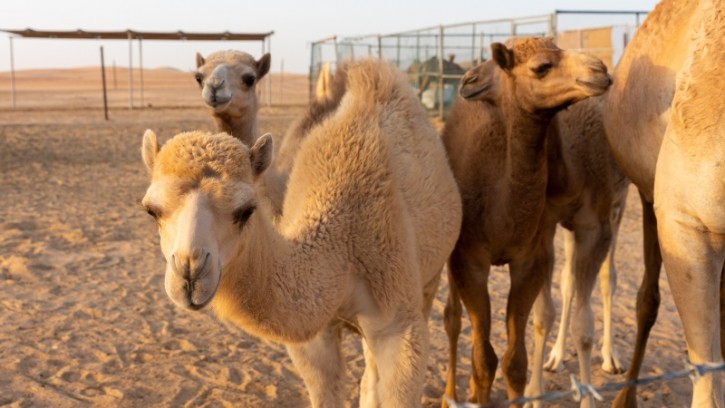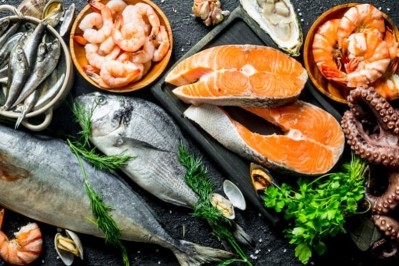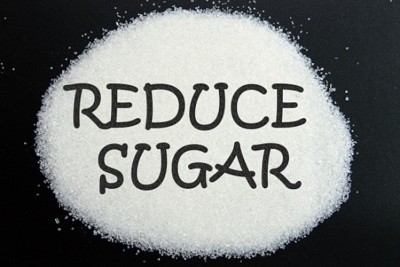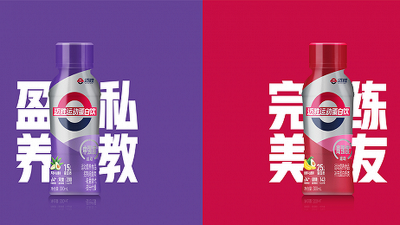Clearing the funding hump: Saudi invests in camel dairy firm to bolster industry growth amid economy diversification

This comes after PIF’s various investments in Saudi’s food and agriculture sector to support its produce industries.
Sawani Company looks to work with the private sector to boost production capacity and drive sustainable growth of the camel dairy industry.
These include raising the standards of domestic production ecosystem through modernising operations and introducing best scientific practices, improving knowledge localisation and transfer, and investing in the sector’s latest manufacturing technologies.
According to research company IMARC, the Gulf Corporate Council (GCC) camel dairy market reached a value of USD702.4m in 2022, and is expected to grow at a CAGR of 4.51% from 2023 to 2028.
“Saudi Arabia has extensive experience and knowledge of the camel dairy industry, and enormous potential to expand its operational capabilities and wider ecosystem.
“These factors represent a competitive advantage across the entire supply chain, which will enable significant growth of the industry, and eventually lead to the export of camel dairy products to regional and global markets,” said Majed Al-Assaf, Head of Consumer Goods and Retail in the MENA Investments Division at PIF.
Saudi Arabia is currently one of the world’s biggest producers of camel milk, with an annual output of approximately 0.271m tonnes.
“Sawani seeks to become a leading producer of camel dairy products. We will place sustainability at the centre of all stages of production, distribution, and marketing, as well as raise awareness of the health benefits of camel dairy products among consumers. It will also showcase the unique history and cultural heritage of camel husbandry in Saudi Arabia.”
This strategy is in line with Saudi Vision 30, a government initiative that aims to increase diversification of the country’s economy and in the social and cultural aspects.
Nutritional benefits driving growth
An integral part of Saudi Arabian culture, camel milk is typically consumed for its perceived health benefits, such as improved gastrointestinal health and immune support.
At the same time, camel dairy products are said to be increasingly popular across the globe due to growing awareness of their nutritional content.
“Camel milk contains high amounts of vitamins A, B, E and C. Also rich in calcium, iron, protein and antioxidants, it is considered low in cholesterol and easy to digest.”
Compared to cow’s milk, camel milk reportedly has lower levels of fat, which is a key factor for appealing to consumers who are managing their caloric intake.
Advancing economic transformation
In addition to injecting at least SR$150bn (USD39.9bn) annually into the local economy, PIF is building a manifold portfolio by entering into long-term investments in myriad sectors both domestically and globally.
Since 2017, the wealth fund has established 84 companies across 13 sectors.
Among these investments are its launch of the Saudi Coffee Company, which promotes Saudi Khawlani coffee beans, a sub-variety of Arabica coffee beans cultivated in the southwestern region of Jazan.
In June, it unveiled a new entity named Lifera. The commercial-scale contract development and manufacturing firm serves to bolster Saudi’s biopharmaceutical industry, and secure the supply of products such as insulin and vaccines to meet local, regional and global demand.






















